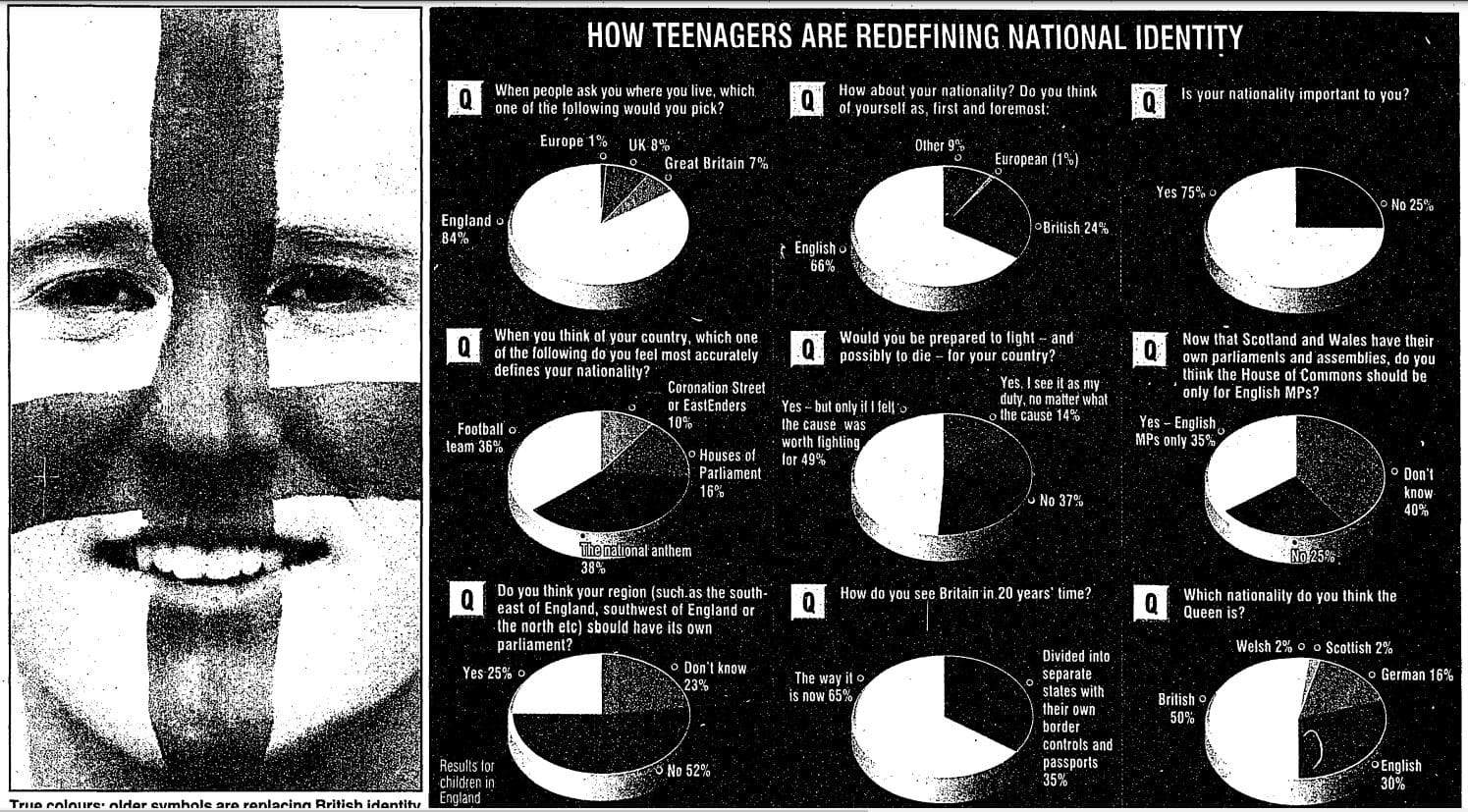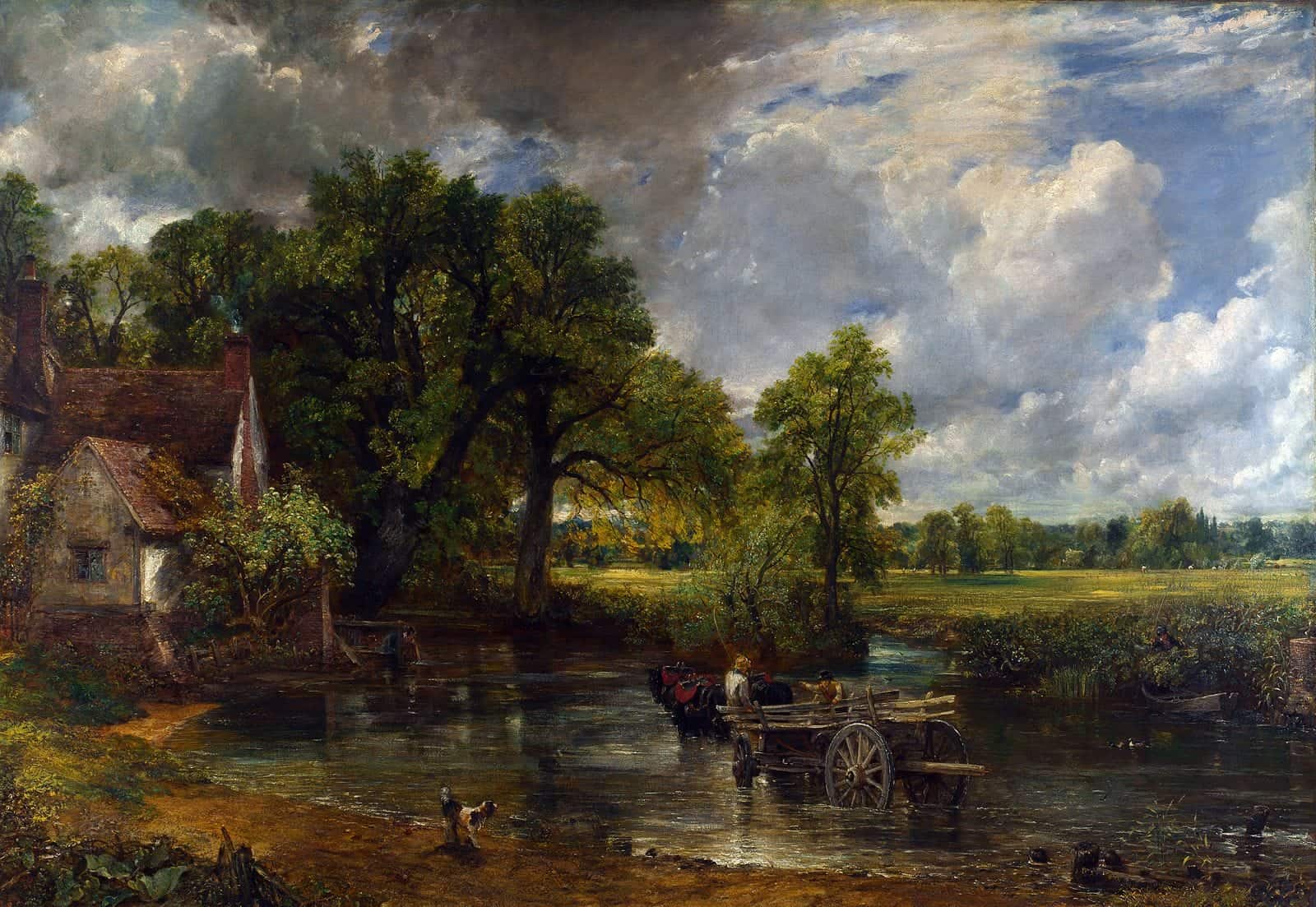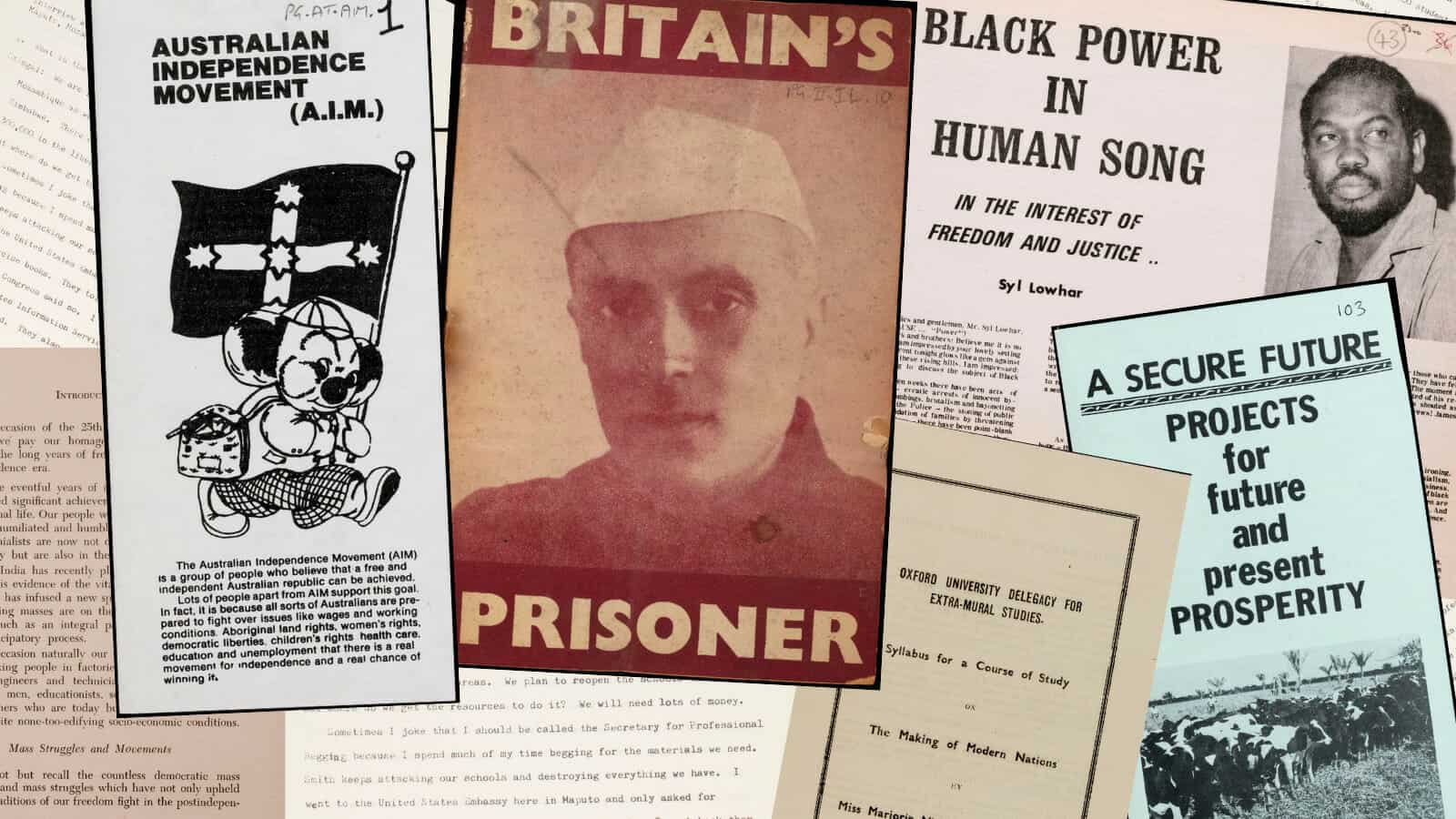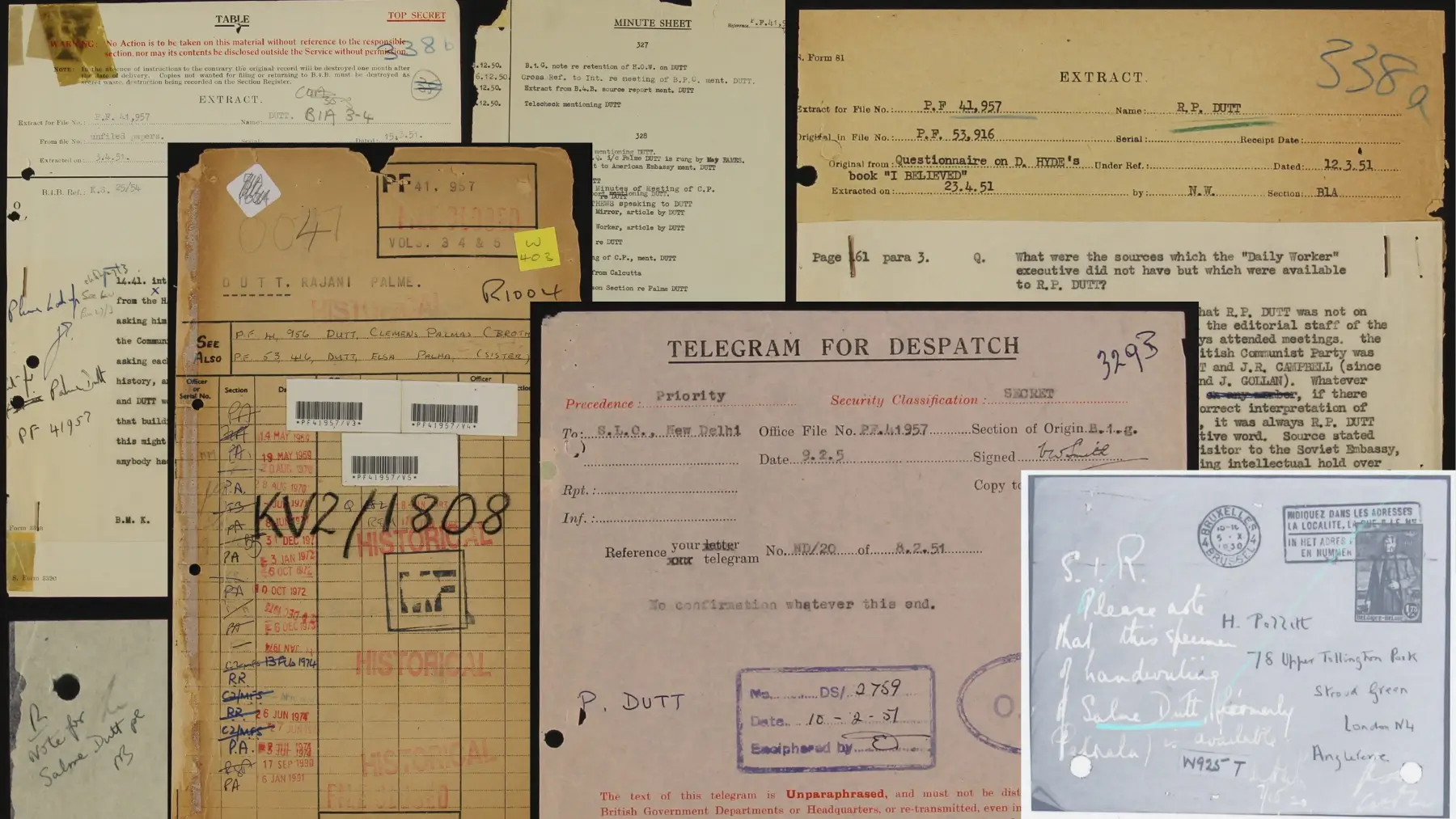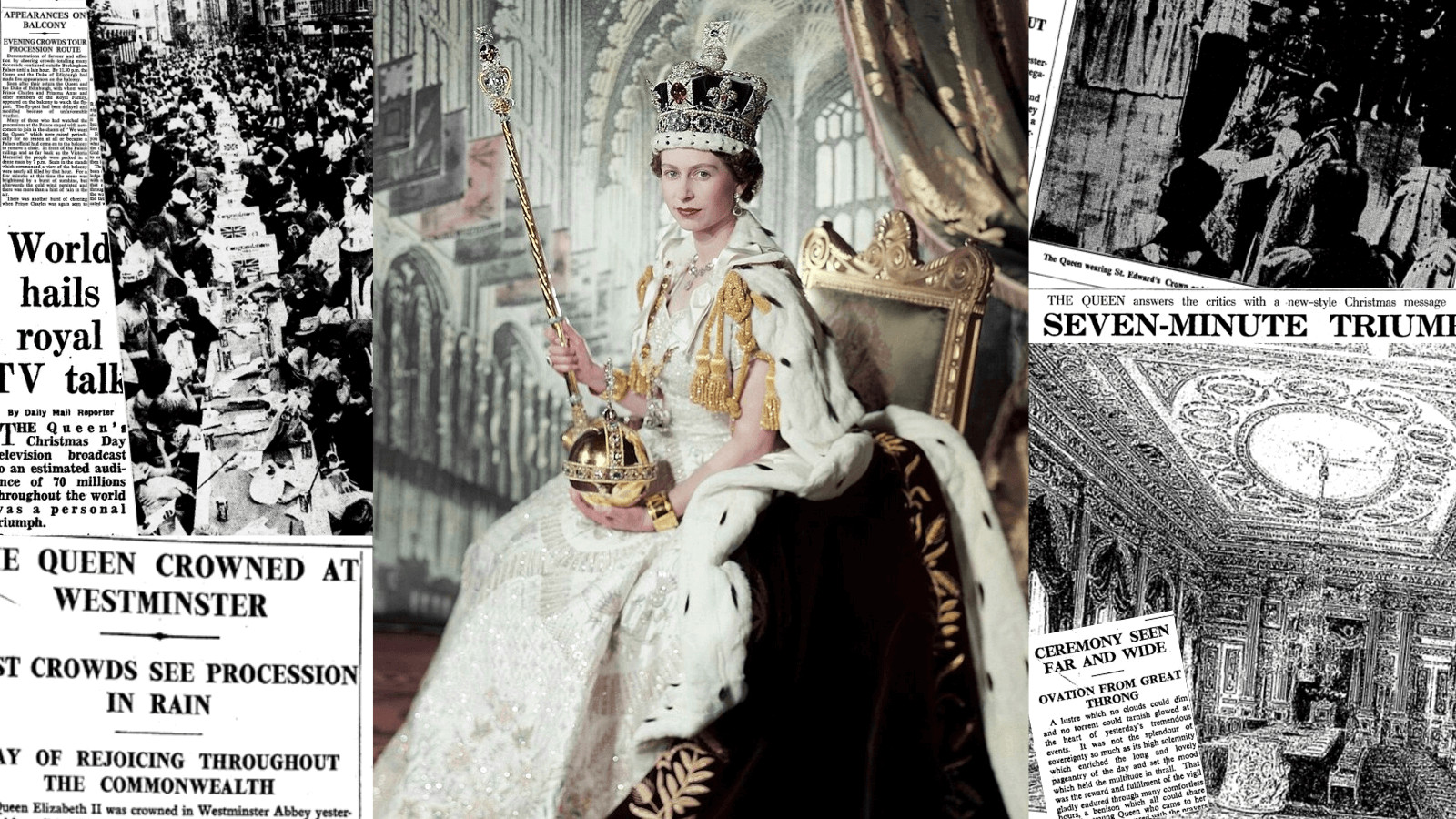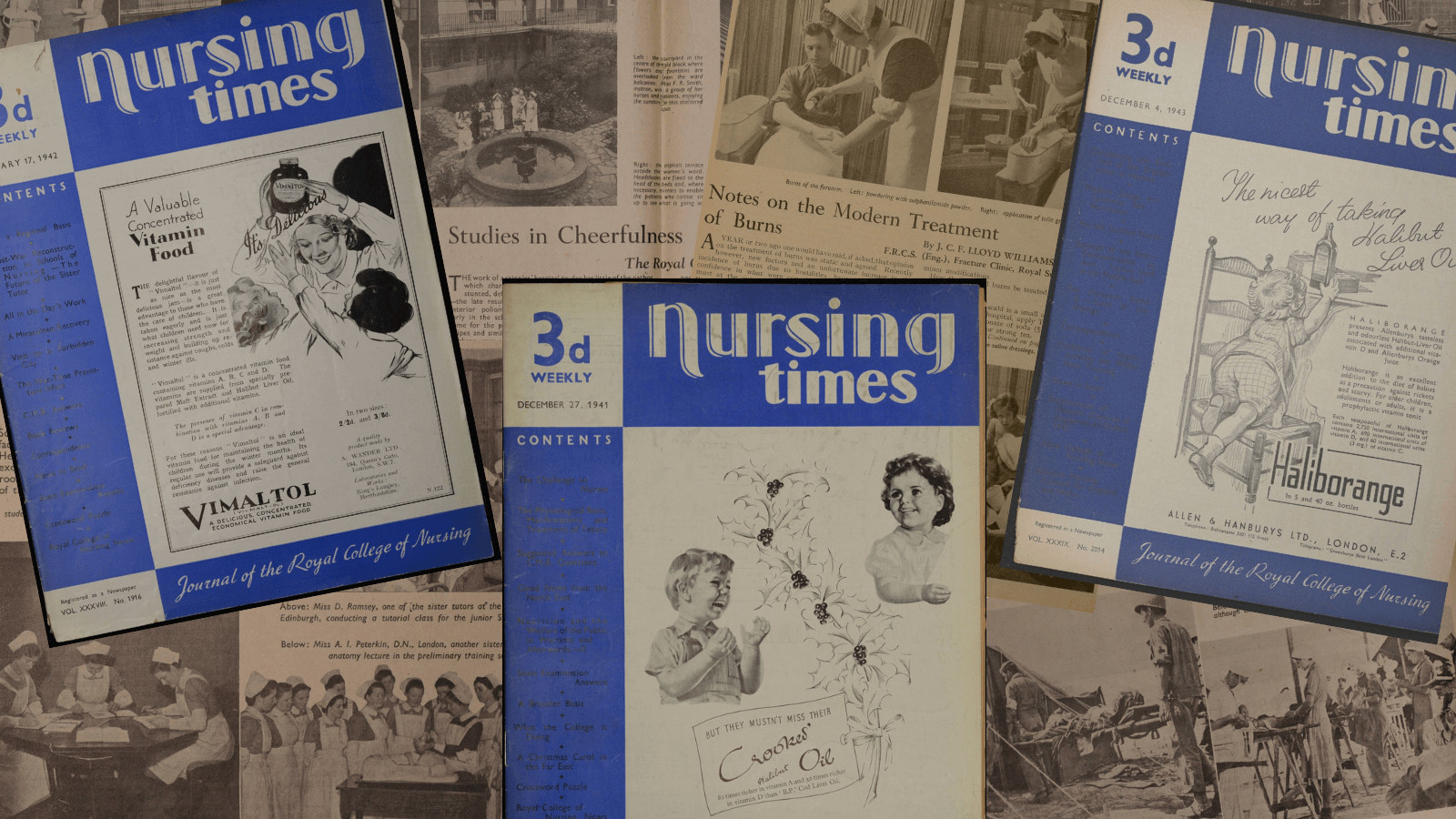│By Tom Taborn, Gale Ambassador at the University of Oxford│
Primary sources can be, let’s face it, intimidating. In the first few weeks of university the idea that we should use them was constantly drummed into me. I, like most other students I know, immediately ignored this advice, and ploughed into the swelling lists of secondary sources. Primary sources seemed like a distraction from the stress of churning out an essay, and the few students who did use them seemed like god-like beings who’d mastered pomodoro timers and bullet journaling in the pram.
Over the course of my first year, however, I realised that they were exactly the opposite. Primary sources are the stressed student’s best friend. Reading what real people thought, how they talked, and what they felt, can make the trickiest topics easier. And more than that, they can be fun. The archives in Gale Primary Sources made using primary sources so much less terrifying as a student for me. This is the story of how my worst essay was saved by a primary source, and how yours can be too.
Read more


